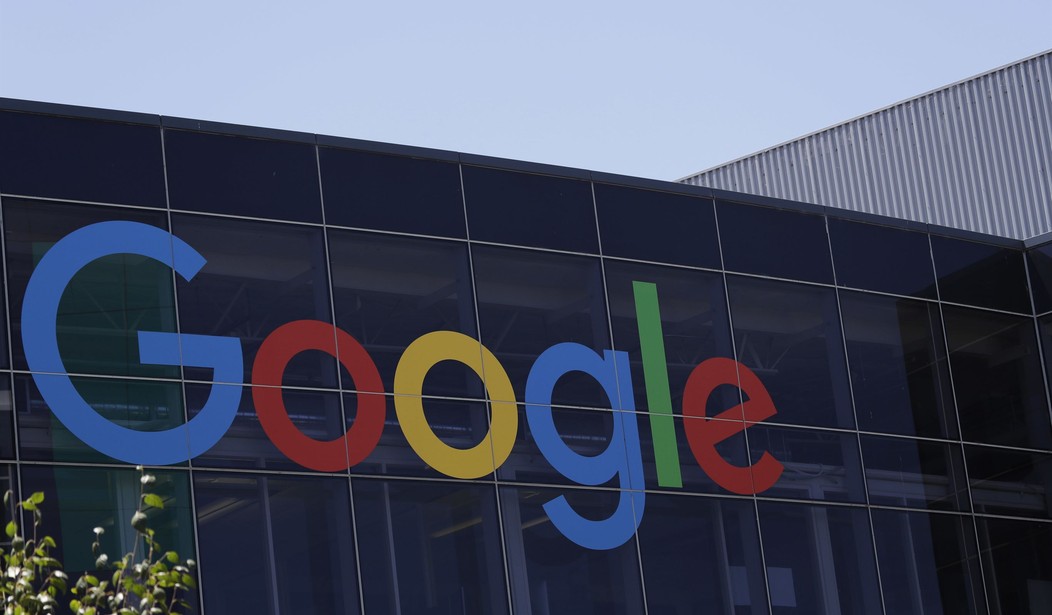Watching President Joe Biden’s antitrust agencies carry on, one wonders what economic function the government’s lawyers believe themselves to be fulfilling. The Department of Justice (DOJ)’s Antitrust Division, in its pursuit of Google Search, all but begs observers to raise this question.
A district judge found for the government in August, ruling that Google violated the Sherman Antitrust Act. Having notched a finding of liability (for the moment, at least; the ruling may well fall on appeal), the DOJ now thinks of remedies, submitting a proposal to the court on Wednesday. In recent filings, the agency threw the proverbial kitchen sink at the court. Or, to mix domestic metaphors, the DOJ has urged the court to go far beyond Google’s alleged misconduct and to throw out the baby, the bathwater, the tub, the bath towels, and anything else it can find in the bathroom.
The DOJ demands in its panoply of remedy proposals that Google be dismembered, seeking to break off Google Chrome and (under specified conditions) Android. Other floated remedies include constraining Google Search’s contracts for default status (on, e.g., web browsers and Android phones), enforced search engine ballot screens, commanding Google to provide its competitors with vast data troves, and more.
Perhaps most outrageously, the DOJ seeks to block Google’s investments in artificial intelligence (AI) — an odd strategy for an agency purportedly concerned with strengthening the currents of competition. Besides having nothing to do with the facts of the DOJ’s case, removing a major source of capital and competition from a young, promising industry will slow innovation, thereby harming consumers and hamstringing America’s global competitiveness.
Recommended
The government’s case began as a misguided attempt to curtail certain purportedly anticompetitive contracts. The DOJ argued that Google Search had contracted anticompetitively with phone manufactures, carriers, and web browsers to stifle rival search engines. This overlooks the contracts’ consumer benefits and other pro-competitive effects — not to mention their non-exclusionary nature. Moreover, contracts purchasing preferential placement are commonplace across myriad industries and rarely attract antitrust scrutiny. The DOJ also misattributed Google Search’s market share to anticompetitive schemes, not consumers’ emphatic preference for Google’s unparalleled quality.
Now, the case has morphed into a bid to rearrange Google’s operations and forcibly promote the interests of Google’s qualitatively subpar competitors. It is less antitrust than central planning. Particular interests, not the public interest, will benefit. As happens so often, rent-seekers’ griping has provided technocrats political cover to gratify their preexisting wish to rearrange the economy.
Remedying anticompetitive conduct should, to put it simply, halt that conduct, and remedy the harms it generated. Discrete wrongdoing should be countered by tailored solutions. But efforts to initiate a wholesale breakup of Google, to impose a “duty to deal,” or to direct Google to disclose proprietary data to competitors betray another motive besides curating fair and orderly markets.
The DOJ’s search for Big Tech monsters to destroy has something of a tragic quality. The government seeks to change a status quo that — far from proving intractable — is disappearing faster than DOJ lawyers can file legal complaints. The market works, if only trigger-happy regulators would allow it a little time. Patience and restraint are not, however, the virtues of the technocrat; and so the DOJ finds itself tilting at an economic reality that already has faded away.
As the agency fritters away taxpayer dollars, political capital, and public trust to pursue a supposedly unshakable monopolist, Google has already begun to leak market share as the industry churns and innovates. Ever more consumers are searching using AI tools, social media, or specialized platforms, such as Amazon. One recent analysis found that the slipping giant will keep hold of less than 50 percent of the American search advertising market in 2025. Another, that “[a]lmost 60% of U.S. consumers used a chatbot to help research or decide on a purchase in the past 30 days” (as summarized by The Wall Street Journal). The empire is fracturing, and the innovators are at the gates.
The costs of bad governance fall on the American citizenry. Taxpayers must fund these misadventures, while industry must untangle endless red tape and fend off bellicose antitrusters. Ultimately, however, the costs of hyper-regulation and arbitrary antitrust fall on future generations of Americans, who will live in a country deprived of technology and innovation, deprived of the concomitant prosperity, and — perhaps of greatest import, to Americans — deprived of freedom and opportunity.

























Join the conversation as a VIP Member